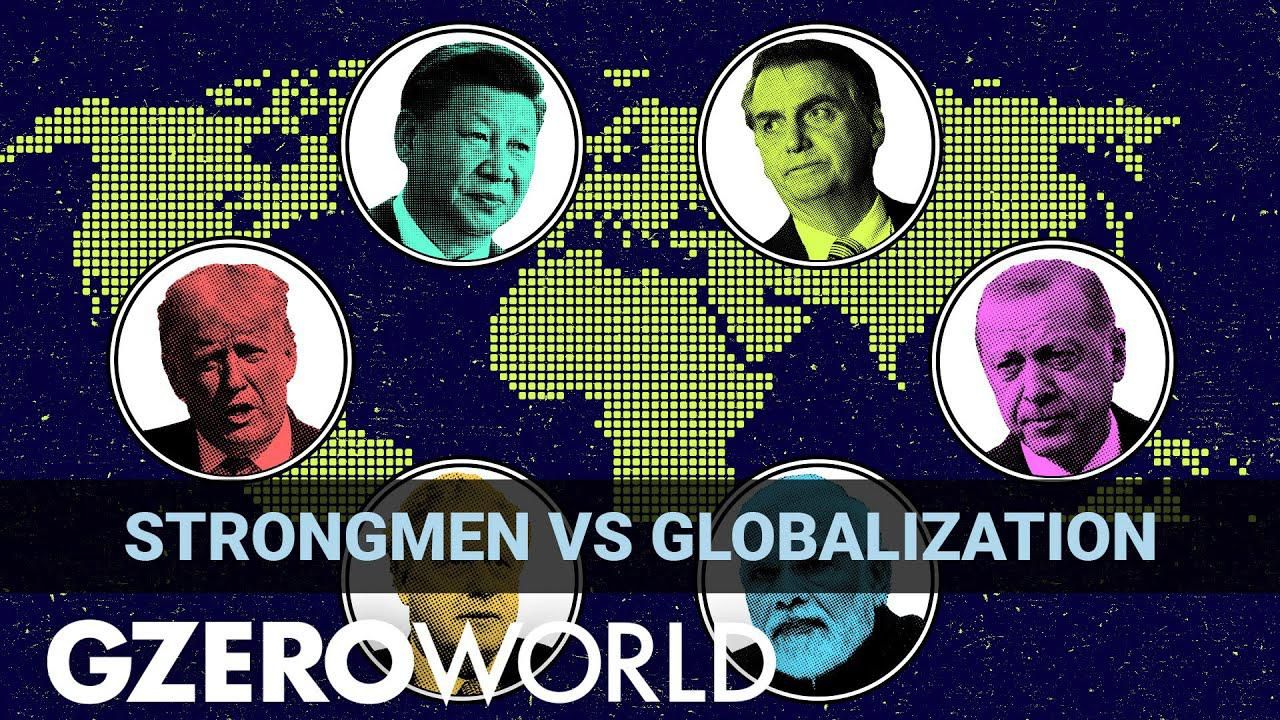GZERO World with Ian Bremmer
The politics of resentment & how authoritarian strongmen gain power

The Politics of Resentment & How Authoritarian Strongmen Gain Power | GZERO World with Ian Bremmer

In recent years, part of the pushback against globalization has been led by autocrats who reject things like free trade and the liberal international order.
For them, globalization means losing control, which they don't like one bit. But the world today remains more interconnected than ever, particularly in cyberspace. So, do they want less globalization, or rather a version that fits their narrative?
On GZERO World, Ian Bremmer speaks to Gideon Rachman, the chief foreign affairs columnist for the Financial Times who knows a thing or two about Vladimir Putin, Xi Jinping, and Donald Trump, and has just written a book about strongmen.
Rachman explains why resentment at minorities motivates both autocrats and their supporters, why strongmen use emotions to justify their nationalism and protectionism, and why Narendra Modi is the least bad of them right now.
Bonus: the global food crisis hits ... fish and chips.
Is the AI jobs apocalypse upon us? On Ian Explains, Ian Bremmer breaks down the confusing indicators in today’s labor market and how both efficiency gains as well as displacement from AI will affect the global workforce.
Think you know what's going on around the world? Here's your chance to prove it.
Nigel Farage, the far-right UK leader, reportedly told donors that he plans to join forces with the center-right Conservative Party ahead of the next election. Right-wing groups in other parts of Western Europe have largely avoided making such an alliance.
Nearly four years into Russia's invasion of Ukraine, the push to end the war is intensifying. The past few weeks produced not one but two proposals.